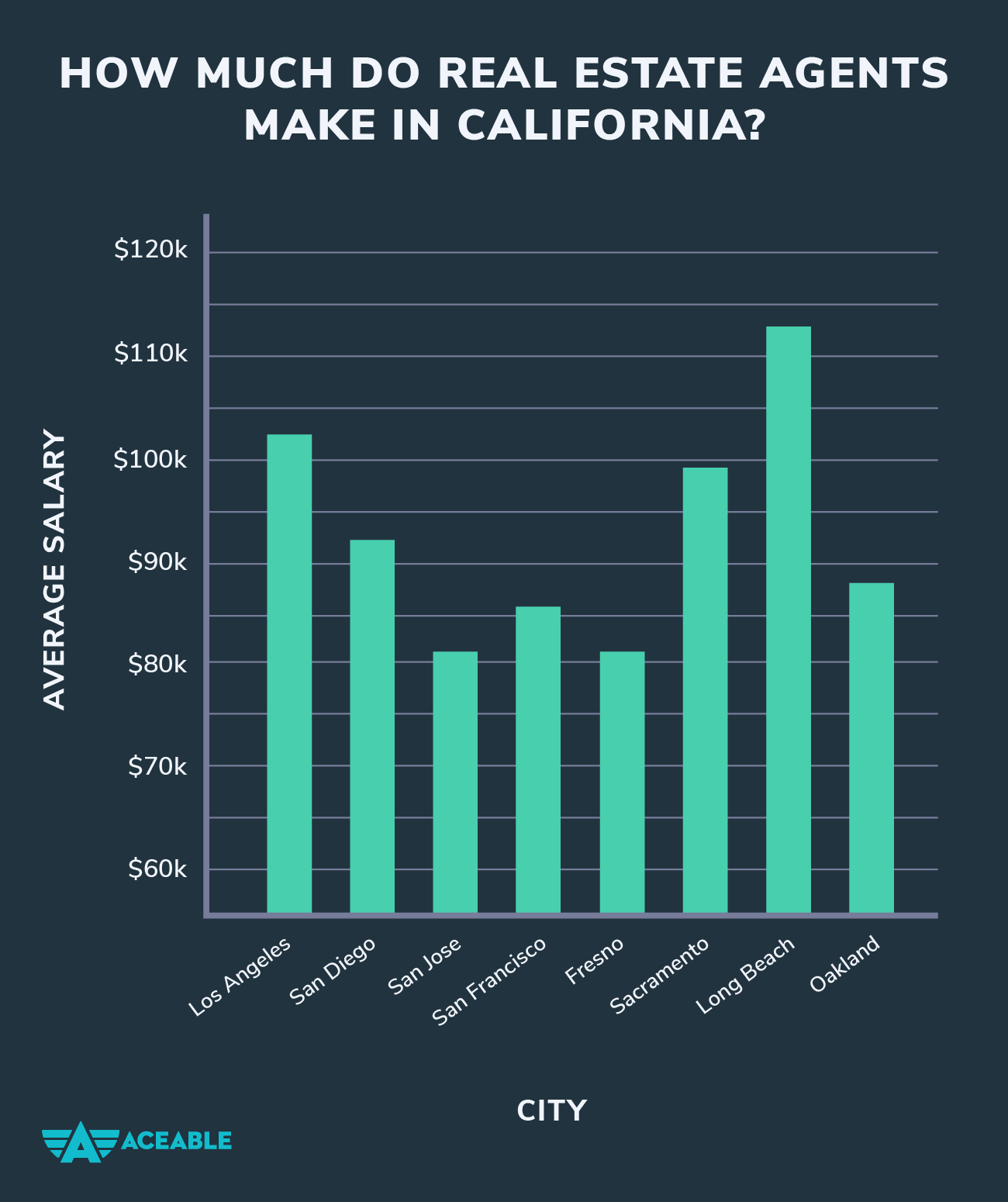
Although the average down payment for a house is low, it is still important to consider how much you will need to put down when buying a home. This is a major factor in the true cost of owning a house. Generally, a larger down payment will mean a smaller loan, and will help you save money on interest. You can attract potential sellers by paying more than the average down payment on a house.
The best down payment for a home is often a personal decision. It will depend on the buyer’s financial status and the type or mortgage that they wish to obtain. A conventional home loan requires a downpayment of 3% of the purchase cost. Programs are available to assist you in getting a home. Some of these programs will require you to make deferred payments, and may also be in the form of second mortgages or grants.

One of the most popular questions about down payments is what is the average down payment on a house. Although this is a difficult question to answer, the National Association of Realtors did some research and came up with several estimates. For a first time buyer, the average down payment on a home is estimated to be 7%. This number can vary from one state to another. It can be different depending on whether you're a first-time or repeat buyer.
A downpayment on a house can be very expensive, especially for a new buyer. Do your research. Many programs and municipalities offer down payment assistance, which can be a form of second mortgage or grant. Having an emergency fund is also a good idea.
The average down payments on a home vary depending on the buyer's age. Lower down payments are generally preferred by younger buyers. Older buyers tend to pay more. Older buyers also have more equity, which means they can spend more. This can be beneficial if your goal is to purchase a higher-end home.
Although the average down payment for a home is now lower than it was just a few years back, that doesn't mean home ownership is difficult or affordable. In fact, it means that the current housing market can be difficult to navigate. A higher down payment will be required for more expensive houses. It doesn't mean you won't be able to find a wonderful home.

The National Association of REALTORS has estimated that the average down payment on a home in the United States will be a modest 7% in 2021. This is lower then the old adage "You should save for a downpayment in 2021."
FAQ
What are the chances of me getting a second mortgage.
However, it is advisable to seek professional advice before deciding whether to get one. A second mortgage is often used to consolidate existing loans or to finance home improvement projects.
What is the average time it takes to sell my house?
It depends on many different factors, including the condition of your home, the number of similar homes currently listed for sale, the overall demand for homes in your area, the local housing market conditions, etc. It may take up to 7 days, 90 days or more depending upon these factors.
Can I buy my house without a down payment
Yes! There are programs available that allow people who don't have large amounts of cash to purchase a home. These programs include conventional mortgages, VA loans, USDA loans and government-backed loans (FHA), VA loan, USDA loans, as well as conventional loans. You can find more information on our website.
What should I do if I want to use a mortgage broker
Consider a mortgage broker if you want to get a better rate. Brokers work with multiple lenders and negotiate deals on your behalf. Some brokers earn a commission from the lender. Before you sign up, be sure to review all fees associated.
What's the time frame to get a loan approved?
It is dependent on many factors, such as your credit score and income level. Generally speaking, it takes around 30 days to get a mortgage approved.
Is it possible to quickly sell a house?
You may be able to sell your house quickly if you intend to move out of the current residence in the next few weeks. There are some things to remember before you do this. First, you need to find a buyer and negotiate a contract. Second, prepare the house for sale. Third, your property must be advertised. You should also be open to accepting offers.
What are the pros and cons of a fixed-rate loan?
Fixed-rate mortgages allow you to lock in the interest rate throughout the loan's term. This ensures that you don't have to worry if interest rates rise. Fixed-rate loans have lower monthly payments, because they are locked in for a specific term.
Statistics
- The FHA sets its desirable debt-to-income ratio at 43%. (fortunebuilders.com)
- It's possible to get approved for an FHA loan with a credit score as low as 580 and a down payment of 3.5% or a credit score as low as 500 and a 10% down payment.5 Specialty mortgage loans are loans that don't fit into the conventional or FHA loan categories. (investopedia.com)
- 10 years ago, homeownership was nearly 70%. (fortunebuilders.com)
- When it came to buying a home in 2015, experts predicted that mortgage rates would surpass five percent, yet interest rates remained below four percent. (fortunebuilders.com)
- Some experts hypothesize that rates will hit five percent by the second half of 2018, but there has been no official confirmation one way or the other. (fortunebuilders.com)
External Links
How To
How to become real estate broker
Attending an introductory course is the first step to becoming a real-estate agent.
The next step is to pass a qualifying examination that tests your knowledge. This requires that you study for at most 2 hours per days over 3 months.
Once this is complete, you are ready to take the final exam. For you to be eligible as a real-estate agent, you need to score at least 80 percent.
All these exams must be passed before you can become a licensed real estate agent.